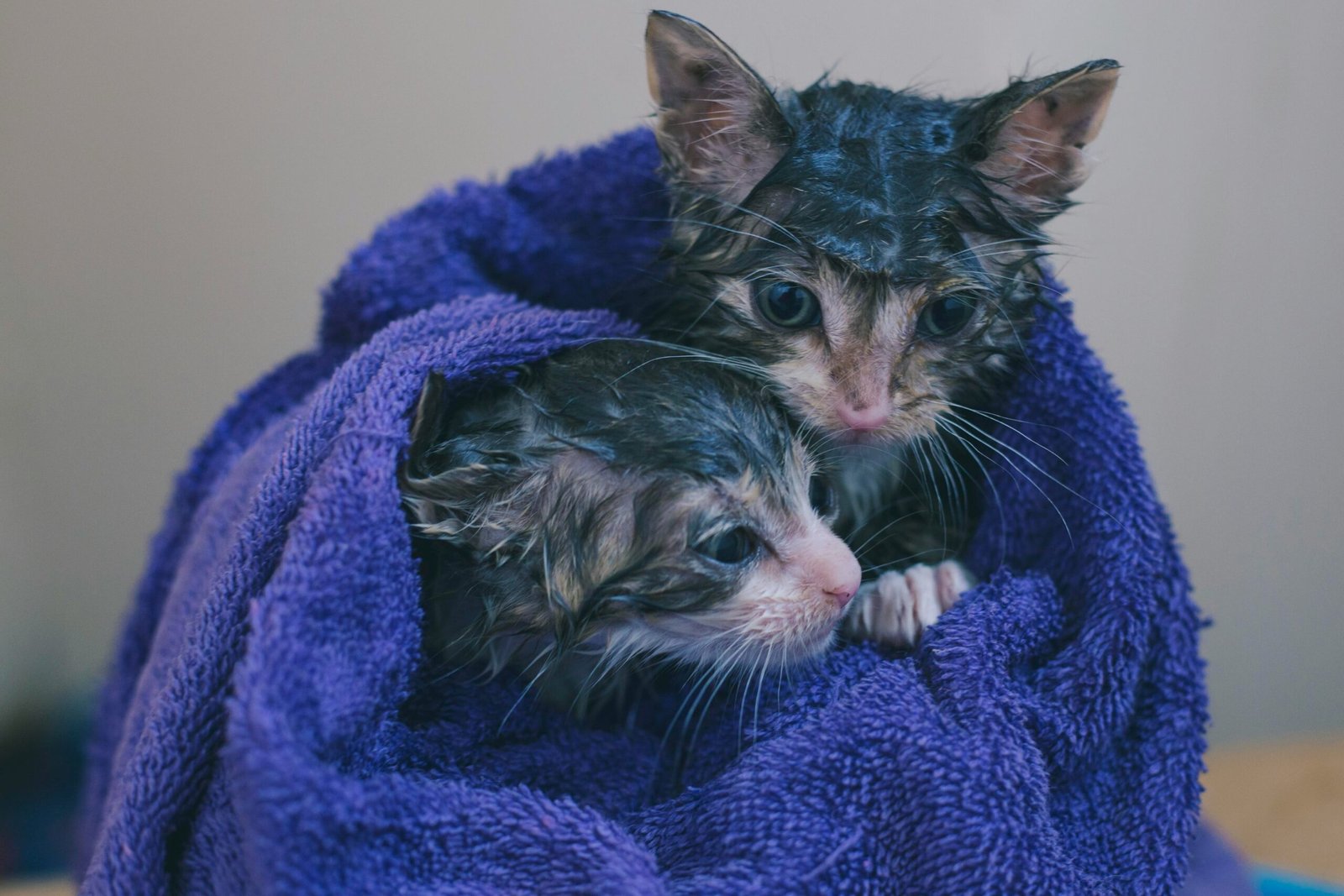Owning a pet is a joyful and rewarding experience, but it also comes with responsibility. Providing the right care ensures your pet stays healthy, happy, and lives a long, fulfilling life. Whether you’re a new pet owner or a seasoned one, understanding the basics of pet care is crucial. In this guide, we’ll cover essential tips that apply to a wide range of pets, from dogs and cats to smaller animals, helping you give your furry friends the best possible care.
1. Balanced Nutrition is Key
What to Feed Your Pet:
A proper diet is one of the most important aspects of pet care. Each type of pet, whether a dog, cat, or small animal, has specific dietary needs based on factors like species, breed, size, and age. Make sure you choose a high-quality, nutritionally balanced food that meets your pet’s unique needs. For example, dogs and cats require a diet rich in protein, while small animals like rabbits and guinea pigs need plenty of fresh vegetables and hay.
Common Mistakes in Pet Diets:
Feeding pets table scraps or low-quality food can lead to health problems, including obesity, gastrointestinal issues, and even poisoning. Be cautious about which human foods are dangerous for pets—foods like chocolate, grapes, onions, and garlic are toxic to dogs and cats.
Hydration Tips:
Just like humans, pets need plenty of fresh water to stay hydrated. Always provide clean water and regularly check their bowls, especially in warmer weather. Dehydration can lead to serious health issues.
2. Regular Exercise and Mental Stimulation
Daily Physical Activity:
Exercise is critical for pets, especially for dogs and active cat breeds. Regular physical activity helps maintain a healthy weight, improves cardiovascular health, and reduces behavioral issues. Depending on the breed and age, dogs may need anywhere from 30 minutes to two hours of exercise daily. For cats, interactive play with toys that mimic hunting behaviors can provide both exercise and entertainment.
Mental Stimulation:
Pets need mental exercise, too! Interactive toys, puzzle feeders, and games help keep pets’ minds sharp and prevent boredom. Without sufficient mental stimulation, pets, especially intelligent breeds like border collies or Siamese cats, can become anxious or destructive. Incorporate toys and activities that challenge their minds and reward them for solving problems.
3. Regular Vet Visits and Preventative Care
Routine Checkups:
To ensure your pet stays in good health, schedule regular veterinary checkups. Annual visits are crucial for catching early signs of illness, checking for parasites, and monitoring overall health. Senior pets or those with chronic conditions may need more frequent visits.
Vaccinations and Parasite Control:
Vaccinations are essential to protect pets from diseases such as rabies, distemper, and feline leukemia. Additionally, ensure your pet is protected from fleas, ticks, and worms by using preventative medications year-round.
Dental Health:
Poor dental hygiene can lead to serious health problems, including infections that can spread to other organs. Regularly brush your pet’s teeth or use dental chews and toys designed to reduce plaque buildup. Ask your vet about professional cleanings if needed.
4. Grooming and Hygiene
Bathing and Brushing:
Maintaining proper hygiene helps prevent skin infections, matting, and other health issues. Bathing should be done as needed—too frequent baths can dry out your pet’s skin, while too few can lead to unpleasant odors and skin conditions. Regular brushing helps reduce shedding, prevents matting, and stimulates blood circulation.
Nail Trimming and Ear Cleaning:
Long nails can cause discomfort and even lead to injuries, while dirty ears can result in infections. Trim your pet’s nails regularly and clean their ears with vet-recommended solutions to prevent buildup.
Coat Care:
Each pet’s grooming needs vary based on their coat type. Long-haired pets may need more frequent brushing to prevent tangles, while short-haired pets benefit from occasional brushing to remove dead hair and stimulate the skin.
You Can Also Read: Summer Pet Care Tips: How to Keep Your Dog Cool
5. Safe and Comfortable Living Environment
Create a Safe Space:
Your pet should have a dedicated, quiet area where they can relax and feel secure. This space should be free from potential hazards and distractions, giving them a place to retreat when they need downtime.
Pet-Proof Your Home:
Pets are naturally curious, which can sometimes lead them into dangerous situations. Pet-proof your home by removing or securing items like toxic plants, electrical cords, and sharp objects. Make sure cleaning products and medications are stored out of reach.
Outdoor Safety:
If your pet enjoys time outdoors, ensure their environment is safe. For dogs, make sure they’re supervised or in a fenced area. Cats that go outside should wear a collar with an ID tag or be microchipped. Always protect pets from extreme temperatures, whether it’s heat or cold, and provide shelter when needed.
6. Socialization and Behavior
Early Socialization:
Proper socialization, especially for dogs, is crucial for developing well-rounded, confident pets. Expose your pet to different environments, people, and other animals from a young age to help them feel more comfortable in a variety of situations.
Behavioral Training:
Training is essential for establishing good behavior and communication. Teach basic commands like “sit,” “stay,” and “come,” and work on house training early on. If you’re dealing with problem behaviors like chewing or excessive barking, use positive reinforcement to encourage the right actions.
The Importance of Routine:
Pets thrive on routine. Consistency in feeding, playtime, and bathroom breaks helps reduce anxiety and keeps them happy. Try to stick to a daily schedule so your pet knows what to expect.
7. Emotional Well-being and Bonding
Time and Attention:
Spending quality time with your pet strengthens your bond and boosts their emotional well-being. Whether it’s playtime, cuddling, or simply being near them, pets appreciate your presence and attention.
Recognizing Stress and Anxiety:
Pets can feel stressed or anxious for various reasons, including changes in the home, loud noises, or separation. Signs of stress include excessive licking, panting, or hiding. Provide comfort and reassurance, and consider calming products like sprays or anxiety wraps if needed.
Adopting or Adding a New Pet:
If you’re thinking about adding another pet to the family, introduce them gradually. Give each pet their own space and let them interact slowly under supervision. This helps prevent territorial behavior and builds a positive relationship between the pets.
Conclusion
Proper pet care is the foundation of a healthy, happy life for your pet. By focusing on their physical, mental, and emotional needs, you can ensure your furry friend enjoys the best quality of life. Remember, small daily actions make a big difference in their overall well-being. For pet care products that support your pet’s health, explore our curated selection at toppetcareproducts.com.



